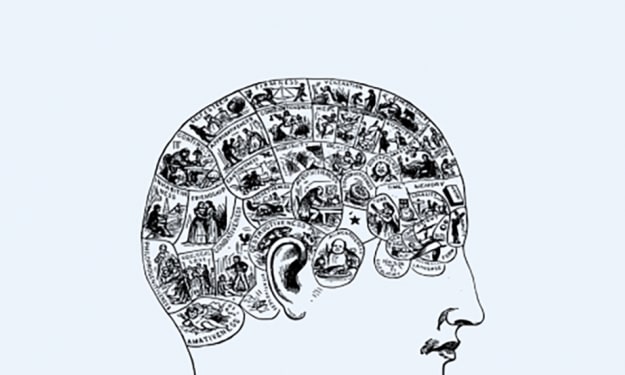Debunking Postpartum Myths
Separating Fact from Fiction on Breastfeeding, Vaginal Changes, C-Sections, and More

Postpartum myths are prevalent in society, often causing confusion and anxiety among new mothers. Dr. Laura Riley and Dr. Dena Goffman, renowned experts in the field of obstetrics, maternal fetal medicine, and gynecology, share their insights to debunk common misconceptions surrounding postpartum experiences. In this comprehensive guide, we'll explore various myths, providing evidence-based explanations and practical advice for new mothers to navigate their postpartum journey with confidence and clarity.
Myth 1: "Your Baby Bump Disappears After Birth."
The reality is that the baby bump will persist for several weeks after childbirth. The uterus takes time to contract back to its normal size, and the body retains some pregnancy weight. New mothers are encouraged to be patient with their bodies and avoid bringing tight clothing to the hospital for their homecoming.
Myth 2: "Your Vagina Will Become Loose After Giving Birth."
While some short-term changes may occur, the vagina typically heals quickly after childbirth. Swelling may take time to subside, but overall, it will return to normal within a few weeks. Additionally, the vaginal muscles can be strengthened over time through exercises.
Myth 3: "You Can Have Sex Right After Childbirth."
Engaging in sexual activity immediately after childbirth is not recommended for comfort and safety reasons. The cervix remains open, making the uterus susceptible to infections. It's essential to wait until postpartum bleeding has completely stopped and consult with healthcare providers for clearance.
Myth 4: "Breastfeeding Will Come Naturally."
Breastfeeding is a learned process for both mother and baby. It may not feel instinctual right away, and that's okay. Patience, support, and education are essential for successful breastfeeding. It's crucial to remember that it's a team effort involving caregivers and partners.
Myth 5: "Breastfeeding Will Help You Lose All the Baby Weight Quickly."
While breastfeeding does burn extra calories, it's not a magical weight loss solution. New mothers should focus on maintaining a healthy diet and exercise routine while understanding that weight loss will take time, typically four to six months.
Myth 6: "Is It Normal for Nursing to Hurt?"
While some discomfort during initial breastfeeding is common, persistent and excruciating pain is not normal. Proper latching techniques are crucial, and seeking support from lactation consultants can help address any issues.
Myth 7: "Your Milk Supply Can't Be Improved."
Breast milk supply can be enhanced through frequent breastfeeding or pumping. The more the baby feeds or the breast is stimulated, the more milk the body produces.
Myth 8: "Breastfeeding Makes Your Baby Clingy and Dependent."
Breastfed babies do require frequent feedings, but it doesn't necessarily make them clingy or overly dependent. Engaging other support persons to share responsibilities can help new mothers find balance.
Myth 9: "You Shouldn't Nurse If You're Sick."
Breastfeeding is generally safe even if the mother is sick. In fact, it can transfer antibodies to the baby, providing protection. Practicing good hand hygiene is recommended.
Myth 10: "Breastfeeding Will Prevent Pregnancy."
Breastfeeding is not a reliable form of contraception. While it may delay menstruation and ovulation, it's not foolproof. Proper birth control methods should be considered for family planning.
Myth 11: "Everyone Gets Postpartum Depression."
Postpartum depression is common, but not every woman experiences it. Recognizing the difference between baby blues and postpartum depression is crucial. Seeking help and support is essential if experiencing prolonged feelings of sadness or anxiety.
Myth 12: "You Will Immediately Fall in Love with Your Baby."
While hormones facilitate bonding, the emotional response to a new baby varies among mothers. Love and attachment may take time to develop and evolve.
Myth 13: "Once You Have One C-section, You'll Need to Keep Having Them."
Having one C-section does not mean subsequent births must also be cesarean. Individualized counseling with healthcare providers is necessary to determine the best birthing options based on medical history and circumstances.
Debunking postpartum myths is crucial for empowering new mothers with accurate information. Dr. Laura Riley and Dr. Dena Goffman emphasize the importance of patience, self-care, and seeking support during the postpartum period. By understanding the realities behind these myths, new mothers can embrace their unique experiences and navigate motherhood with confidence and knowledge.





Comments
There are no comments for this story
Be the first to respond and start the conversation.